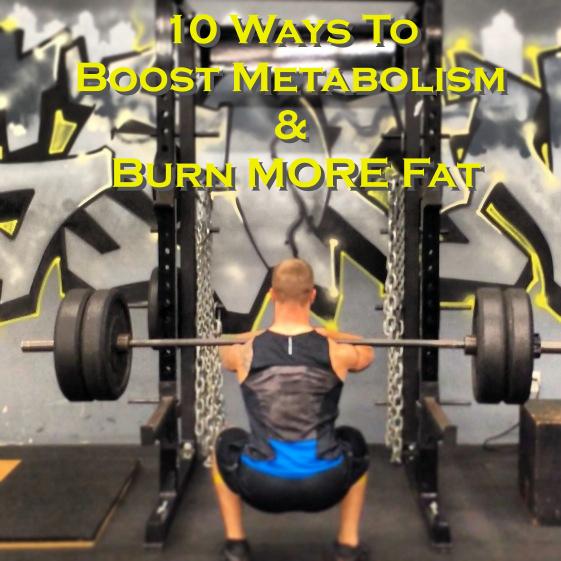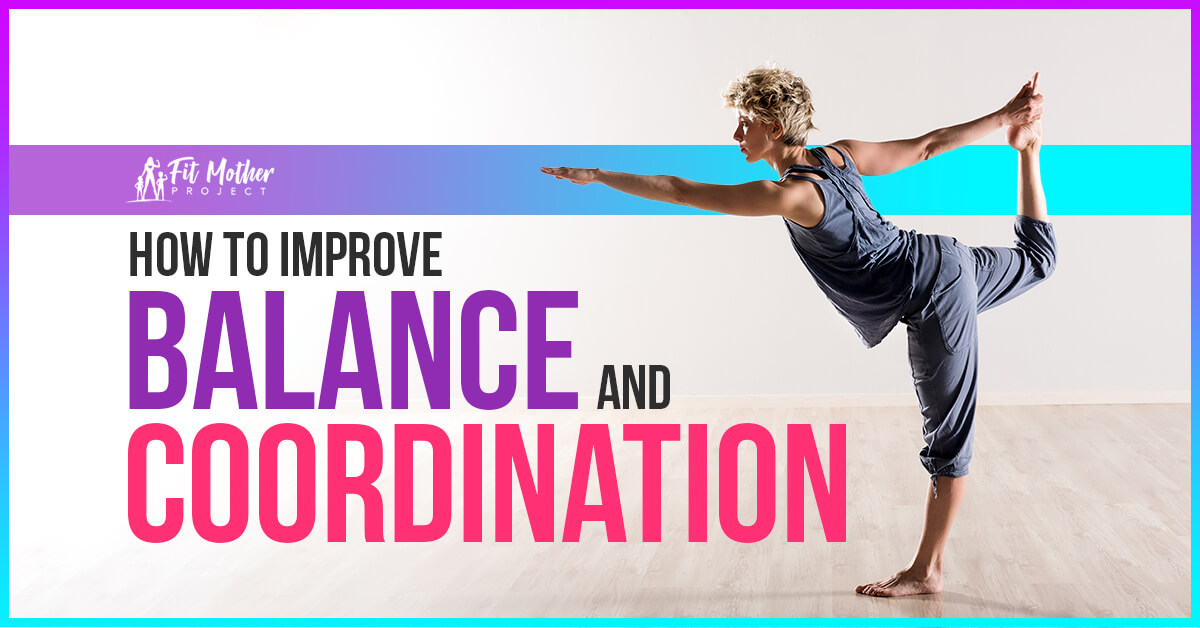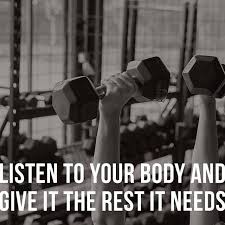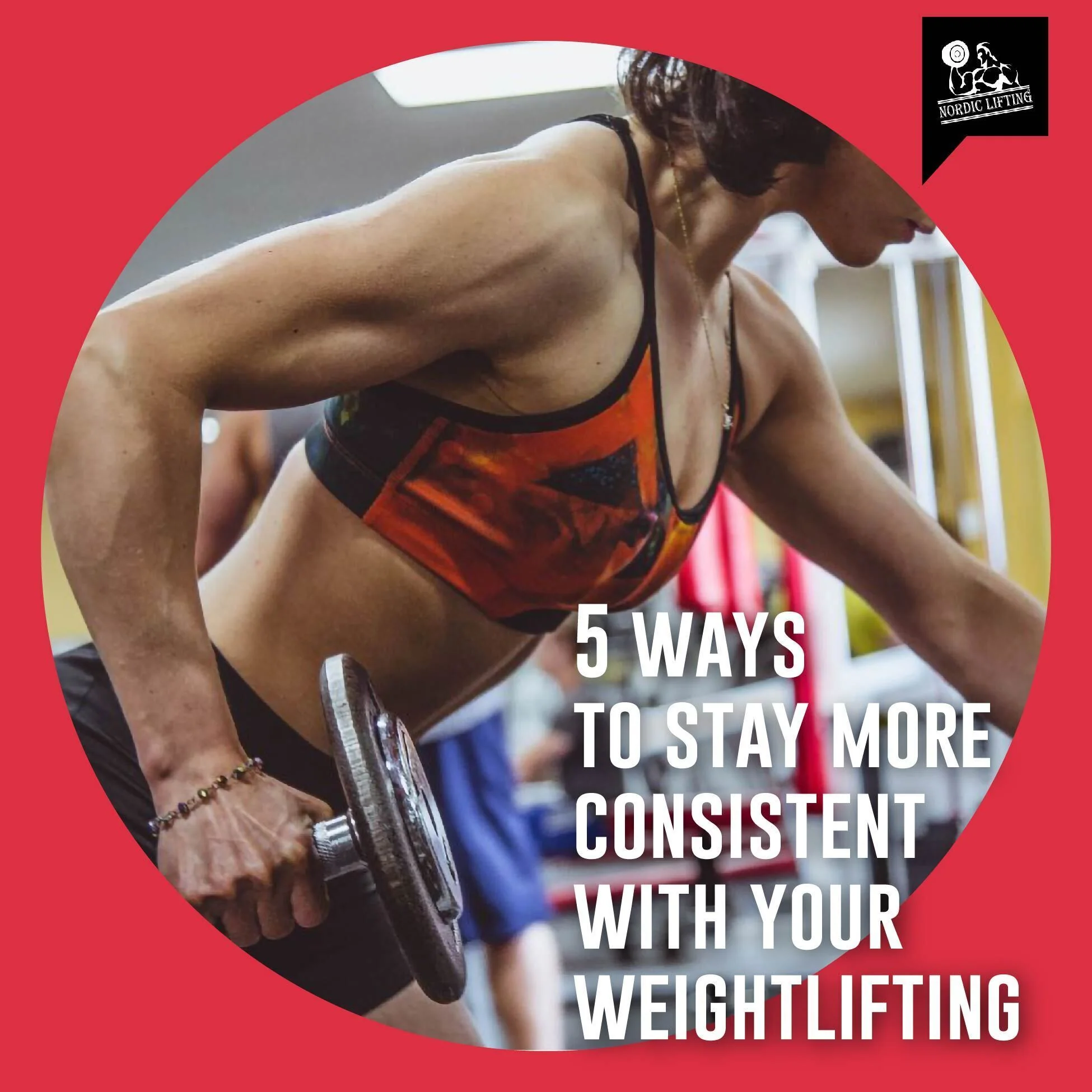In a world increasingly drawn to quick fitness fads and miracle solutions, weightlifting stands out as a time-honored and proven method to achieve holistic health. Often misconstrued as an activity solely for bodybuilders or those wanting to “bulk up”, weightlifting offers benefits that cater to a wide spectrum of health and fitness aspirations. Whether you’re aiming for enhanced physical prowess, better mental well-being, or simply to age gracefully, weightlifting has something to offer. Dive in as we unravel the 13 health benefits of weightlifting, shedding light on its multifaceted advantages that go well beyond just building muscles.
What is Weightlifting

Weightlifting is a form of resistance training where individuals lift external weights, such as dumbbells, barbells, and kettlebells, to increase muscle strength, endurance, and size. It can involve free weights, machines, or even one’s body weight. Proper technique is essential to maximize benefits and prevent injuries. It’s distinct from Olympic weightlifting, which is a sport with two specific lifts: the snatch and the clean & jerk.
How often should you lift weights?

The frequency with which one should lift weights depends on various factors, including individual goals, experience level, the type of weightlifting program, and recovery capacity. Here’s a general guideline based on common objectives:
- For General Fitness:
-
- 2-3 times a week is usually sufficient for someone aiming to maintain general fitness and muscle tone.
- For Muscle Size (Hypertrophy):
-
- 3-6 times a week. Many bodybuilders and those seeking muscle hypertrophy often divide their routines into body parts (e.g., “leg day”, “chest day”) and might hit the gym almost every day, but they’ll focus on different muscle groups in each session to allow recovery.
- For Strength:
-
- 3-4 times a week is common. Strength training programs, such as powerlifting routines, often emphasize compound lifts like squats, deadlifts, and bench presses, with adequate recovery time between sessions.
- For Muscle Endurance:
-
- 2-5 times a week. Those aiming for muscle endurance might not lift extremely heavy weights but will engage in more repetitions and perhaps shorter rest periods.
- For Athletic Training:
-
- Frequency can vary widely based on the sport and season. Athletes might incorporate weightlifting into their training regimen to improve performance or during the off-season for maintenance.
- For Beginners:
-
- Starting with 2-3 times a week is advisable to allow the body to adapt without getting overwhelmed.
- Seniors or Those with Medical Conditions:
-
- A lighter and more moderate frequency, like 2-3 times a week, is often recommended, but always under the guidance of a fitness or healthcare professional.
Health Benefits of Weightlifting
Here are 13 health benefits of weightlifting that can benefit everyone:
Improves Muscle Strength & Tone

The most apparent benefit of weightlifting is the development of stronger, more toned muscles. But it’s not just about aesthetics. Strong muscles support your joints, reduce the risk of injury, and can improve athletic performance.
Boosts Metabolism and burns Fat

A well-toned muscle requires more energy, even at rest. By increasing your muscle mass through weightlifting, you boost your basal metabolic rate, burning more calories throughout the day.
Enhances Bone Density

Lifting weights stresses your bones, leading to increased bone density. This is crucial for preventing osteoporosis, especially in post-menopausal women.
Promotes Better Body Posture

Weightlifting reinforces your core and back muscles, which play a significant role in maintaining an upright posture, thus reducing the risk of developing musculoskeletal problems.
Improves Mental Health

Several studies have shown that weightlifting can be as beneficial for your mind as it is for your body. Regular exercise releases endorphins, often termed ‘feel-good hormones,’ which can combat depression and anxiety.
Lowers Risk of Chronic Diseases

Regular weightlifting can reduce the risk of chronic diseases such as heart disease, type 2 diabetes, and high blood pressure.
Enhances Flexibility

Contrary to popular belief, weightlifting can increase flexibility. When done correctly, exercises like squats and deadlifts improve the range of motion in your joints.
Better Sleep Quality

Those who engage in regular weightlifting often report improved sleep patterns and deeper rest. Exercise, in general, promotes better sleep, which is essential for overall health.
Supports Cardiovascular Health

Weightlifting increases cardiovascular endurance, leading to a healthier heart. A strong heart pumps blood more efficiently, ensuring that all parts of your body get the nutrients they need.
Improves Balance and Coordination

By working on various muscle groups, weightlifting helps improve your body’s balance and coordination, which is crucial, especially as we age.
Aids in Weight Management

Lifting weights, combined with aerobic exercises, is highly effective for weight management. This combination ensures that you burn calories and build muscles simultaneously.
Boosts Energy Levels

Consistent weightlifting can lead to increased energy levels throughout the day. This can make daily tasks easier and leave you feeling less fatigued.
Promotes Longevity

Several studies have linked regular exercise, including weightlifting, with increased lifespan. It’s not just about living longer but also enjoying a better quality of life.
Getting Started with Weightlifting
If you’re now feeling inspired to give weightlifting a try, you might be wondering where to start. Whether you’re a fitness enthusiast, a beginner, or even looking into a 13-year-old weightlifting program, there are some foundational steps to take.
Selecting the Right Equipment

Before you start lifting, it’s crucial to invest in the right equipment. This doesn’t mean you need to buy a whole home gym. Depending on your goals and current fitness level, a few dumbbells or resistance bands can be enough.
Consult a Trainer or Fitness Expert

If you’re new to weightlifting or any form of exercise, it’s always beneficial to consult a fitness expert. They can guide you on the right techniques, set realistic goals, and even develop personalized workout plans. This becomes even more vital for younger enthusiasts like those interested in a 13-year-old weightlifting program.
Incorporate Rest and Recovery

One of the biggest misconceptions is that you need to work out intensely every day. However, rest is where the magic happens. Your muscles repair and grow during this phase. If you’re contemplating is weightlifting 3 times a week is enough, the answer is yes, provided you’re allowing adequate rest in between.
Listen to Your Body

While it’s essential to push yourself to see progress, it’s equally crucial to listen to your body. If something doesn’t feel right or you experience pain (not to be confused with the typical discomfort of a workout), it’s a sign to pause and reassess.
Stay Hydrated and Eat Right

Your diet plays a pivotal role in your weightlifting journey. Stay hydrated, consume a balanced diet, and consider consulting a nutritionist who can guide you based on your specific goals and needs.
Track Your Progress

Monitoring your progress serves as a motivation booster. Whether it’s in the form of increased weight lifted, improved stamina, or simply how you feel, celebrate these milestones. They are stepping stones to your overarching goal.
Stay Consistent

Lastly, consistency is key. Whether you’re pursuing the 13 benefits of exercise or focusing solely on weightlifting, regularity will ensure you reap the myriad benefits discussed earlier.
Safety Precautions in Weightlifting
As we journey through the world of weightlifting, it’s imperative to emphasize the importance of safety. Weightlifting, when done correctly, can offer numerous benefits, but neglecting safety protocols can lead to injuries.
Warm-Up Before Lifting

Never dive straight into lifting heavy weights. Begin your session with a 10-15 minute warm-up, which could include light aerobic exercises like jogging or jumping jacks, followed by some dynamic stretching. This prepares your muscles and joints for the upcoming strains of weightlifting.
Maintain Proper Form

One of the primary causes of injuries in weightlifting is poor form. Whether you’re following a general regimen or a specific 13-year-old weight lifting program, always prioritize technique over the amount of weight. A trainer or fitness expert can guide you in maintaining the correct posture and technique.
Avoid Overtraining

There’s a common belief that “more is better,” but in the realm of weightlifting, this can be counterproductive. As previously highlighted, if you’re wondering, if weightlifting 3 times a week is enough?, remember that muscles grow and repair during rest. Overtraining can lead to fatigue, a decrease in performance, and even injuries.
Use Safety Equipment

Depending on the exercises you’re performing, consider using safety equipment like weightlifting belts, wrist wraps, and knee sleeves. These can provide additional support and reduce the risk of injuries.
Stay Updated on Knowledge
The world of fitness is ever-evolving. New research and studies continuously provide insights into better training methodologies, recovery techniques, and more. Stay updated and be open to adapting your routines based on credible new information.
Know When to Stop

Listening to your body is paramount. If you feel undue pain or something seems off, it’s better to stop and rest. Pushing through pain can exacerbate potential injuries. Remember, it’s a marathon, not a sprint.
Conclusion
In our exploration of the 13 health benefits of weightlifting, it’s evident that this age-old practice offers more than just a pathway to physical strength or aesthetic appeal. It’s a holistic approach to well-being, impacting the mind, body, and spirit in profound ways. From boosting mental clarity to fortifying our bodies against the inevitable march of time, weightlifting proves to be a versatile ally in our health journey. Whether you’re a seasoned athlete, a newcomer looking for a transformative change, or someone seeking the subtler mental and emotional benefits, weightlifting beckons with the promise of a healthier, more empowered life. Embrace the weights, respect the process, and experience the myriad ways it can elevate your well-being.
